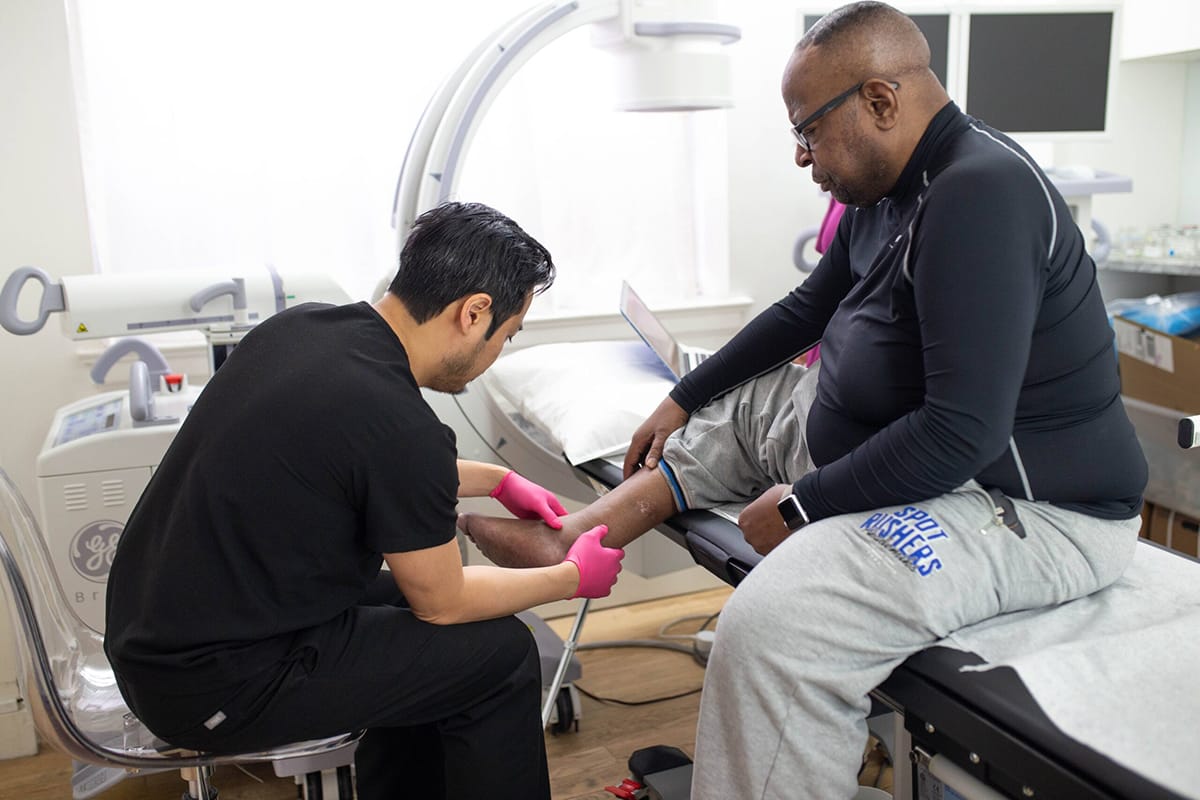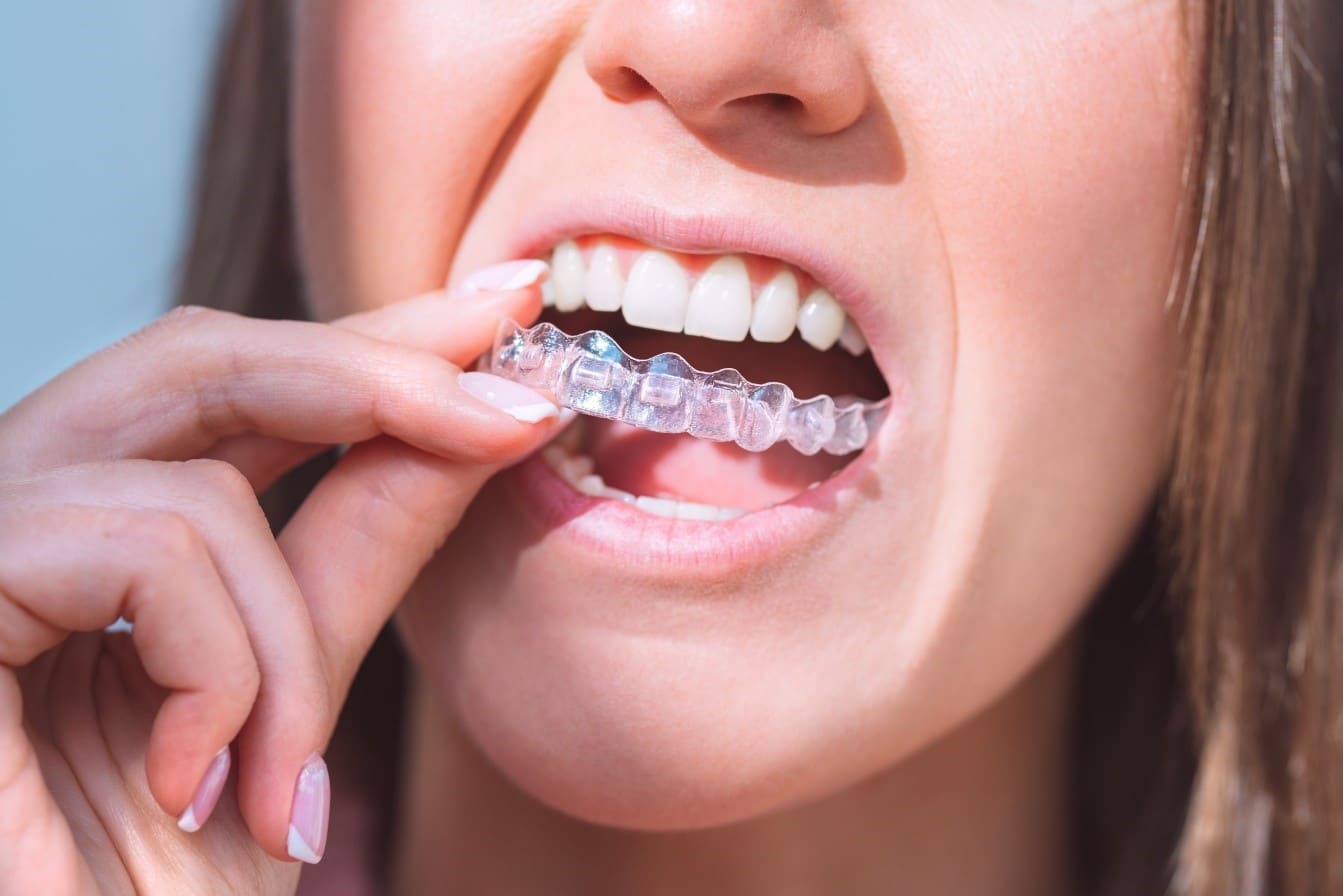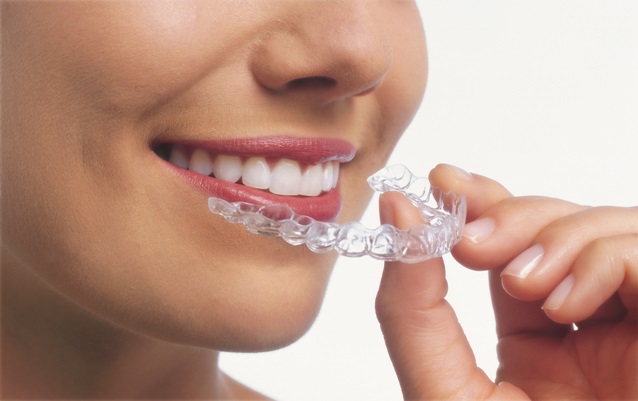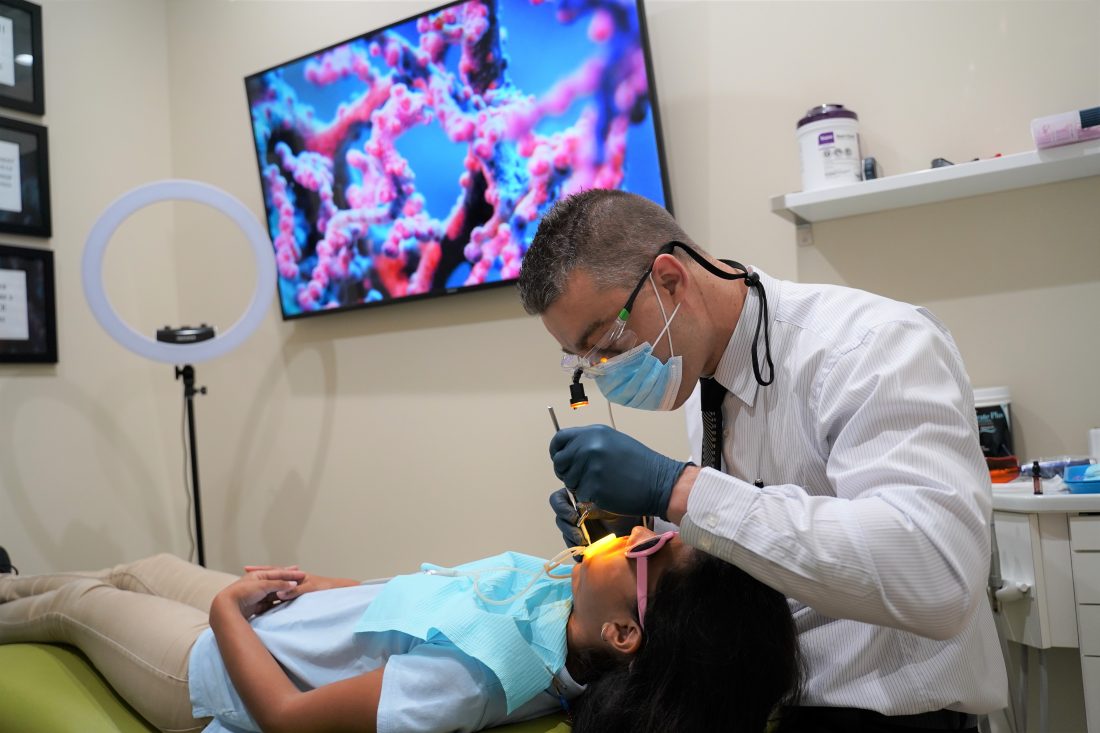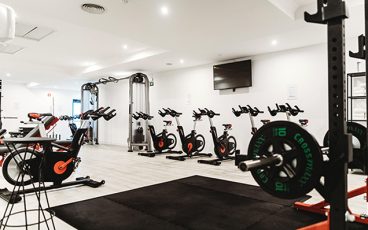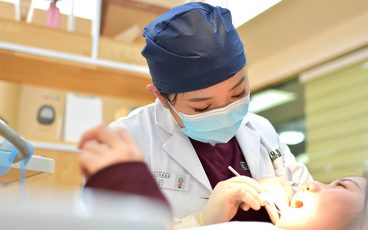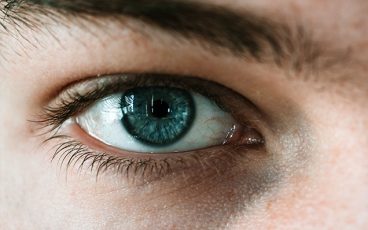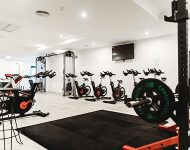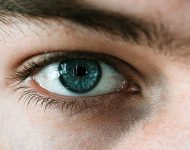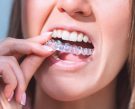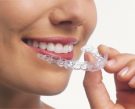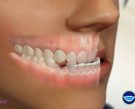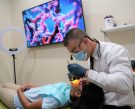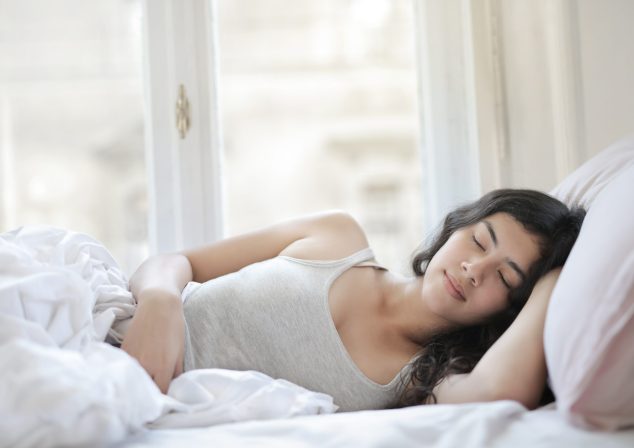
Sleep apnea is a standard condition in which your breathing contains and continues multiple times while you sleep. This can stop your body from getting sufficient oxygen. You may like to talk to your healthcare provider regarding sleep apnea if a person tells you that you snore or choke during sleep or if you experience different signs of poor-quality bedtimes, such as extreme daytime sleepiness.
Sleep apnea induces involuntary breathing breaks or apneic occasions during sleep. There may be as many as 20 to 30 occasions per hour. But not everyone who snores has apnea. Sleep apnea may also induce you to feel like you are choking. The dental sleep apnea clinic experts should have scheduled clinic hours at the sleep center where a comprehensive dental evaluation may be performed.
Symptoms of sleep apnea
Some sleep apnea symptoms happen while you’re sleeping. Your bed partner may see them first. You, or that someone, may see severe snoring or extended pauses in your breathing during rest.
When breathing starts, you may snort or inhale. These regular breaks in deep, healthy sleep often lead to headaches and excessive daytime sleepiness.
What Causes sleep apnea?
Obstructive Sleep apnea is the most standard type. Nine out of 10 individuals with sleep apnea have this kind of apnea. If you have apnea, something obstructs the airway that brings air into your body called the trachea. It might also be stopped by a large amount of heavy tissue in the throat or by open throat muscles.
Central sleep apnea is less common. This type of sleep apnea is connected to the role of the central anxious system. If you have this type of apnea, the muscles you use to breathe don’t get your brain’s “go-ahead” signal. Either the brain doesn’t send the movement, or the signal gets interrupted.
How is sleep apnea interpreted?
Your physician may ask you to go to a sleep disturbance center for a sleep study. Tests done at the sleep condition center may indicate which kind of sleep apnea you have. Or, you can do your sleep analysis at home. Occasionally, at-home sleep tests are a possibility. Tests that detect sleep apnea include:
Numerous sleep latency testing: A test for extreme daytime sleepiness by calculating how fast you fall asleep in a peaceful environment during the day.
Keeping of wakefulness test: This measures your ability to stay open-eyed during the day by seeing your sleep latency or how long it takes to fall asleep.
Evening polysomnography: During this test, the tools measure the movement of your lungs, heart, and brain, breathing and activity patterns, and blood oxygen levels while you sleep.
Oral appliance treatment is increasingly defined as a non-invasive remedy choice for patients diagnosed with sleep apnea appliance.
How to treat sleep apnea
You can treat sleep apnea periodically, and numerous individuals go via a series of trial remedies to find out what works nicely for their sleep apnea. Occasionally, it takes a series of trials to find the best cure, and most people use various standard treatment of sleep apnea equipment, machines, and treatments to get comfort.
Conceivable remedies include:
- Conservative remedies.
- Positive airway stress and adaptive ventilation devices.
- Oral machines
- Nerve stimulators.
- Prescriptions
Conclusion
Sleep apnea is a general condition that disrupts an individual’s breathing while they sleep. That causes a person to awaken sufficiently to breathe, interrupting their sleep and preventing them from feeling rested.
You must talk to your sleep apnea treatment centers near me if you need help to stick to remedies. They can help you find ways to overcome these problems so you can finally get a better night’s sleep.
0 Comments 390 Views
YOU MAY ALSO LIKE
share
About me

Health And Healthy Tips is Free health blog, If you wish to be part of this blog and want to conribute contents which are interesting for our readers, please contact us.
CATEGORY
- Beauty (19)
- BUSINESS (3)
- Dental Care (187)
- Eye Care (12)
- Fitness (23)
- Healthy Life (179)
- Men's (10)
- Women's (12)

